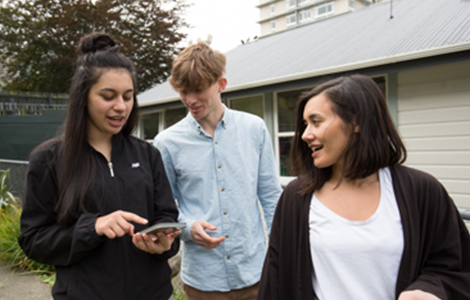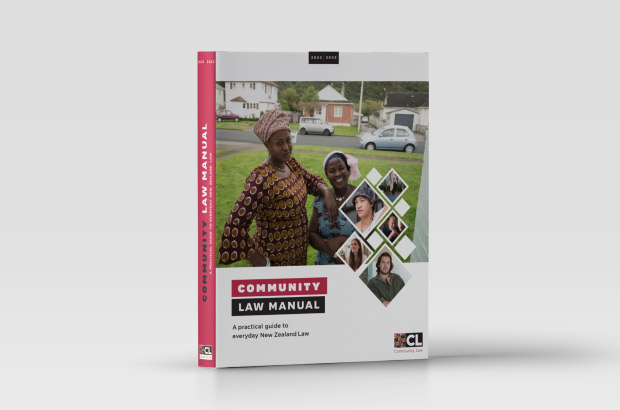Getting ongoing extra help
The Working for Families tax credit package
If you have kids and you have a low income, you can apply for a Working for Families tax credit.
Working for Families is not a benefit paid by Work and Income under the Social Security Act, it is a system of tax credits administered by Inland Revenue. However, if you’re already getting a main benefit, you can ask Work and Income to pay your tax credits alongside your benefit payments.
There are four types of tax credits that you can get depending on your income and family circumstance:
- The Family Tax Credit (“FTC”) is paid to all families on a low income or getting a benefit. You get a certain amount for your first child, and then an additional smaller amount for each of your other children. You can get it for all your children under 16; for children aged 16 or 17 if they’re still financially dependent on you; and for 18 year olds if they’re at school or doing tertiary education/training and still financially dependent on you. Your FTC payments start reducing when you earn over a certain amount.
- The In-Work Tax Credit pays a certain amount a week for up to three children and then an additional smaller amount for each of your other children. The amount you get will be reduced (“abated”) if you earn income over a certain amount. You can’t get it if you’re receiving an income-tested main benefit (e.g., Jobseeker Support or Sole Parent Support), a Student Allowance, or earnings-related ACC payments.
- The Minimum Family Tax Credit tops up your wages (calculated after tax) to a certain amount a week. If your family’s total wages increase, the tax credit will reduce. To get Minimum Family Tax Credit you need to be working at least 20 hours a week as a single parent, or 30 hours per week between you as a couple. You can’t get the Minimum Family Tax Credit if you’re receiving a income-tested main benefit.
- The Best Start Tax Credit pays a certain amount a week for each child until their first birthday. The payments continue until age three if your and your partner’s income is under a certain amount. If your combined income is over that amount, the weekly payment reduces a certain number of cents for every dollar you earn over that amount. Best Start is available to beneficiaries and non-beneficiaries, but you can’t get it if you’re receiving government-funded parental leave payments.
Do I qualify for a Working for Families tax credit?
You can apply for a Working for Families tax credit, if you:
- have a dependent child or children in your care under the age of 18, or between 18 and 19 and still at school or in tertiary study
- are the principal caregiver
- are aged 16 or older
- are a New Zealand resident (New Zealand citizen, residence visa holder or permanent residence visa holder).
You can get payments up until your child turns 18. If the child is still at school or in tertiary study when they turn 18, you can get payments until 31 December of that year.
The amount you can get will depend on how many children you have and your household income. To estimate how much you are eligible for, go to ird.govt.nz/working-for-families/eligibility.
How do I apply for a Working for Families tax credit?
To begin the application process, you can:
- apply online if you have a “myIR” account
- complete an online form on IRD’s website, here (or go to ird.govt.nz and search “Working for families), or
- phone IRD at 0800 227 774.
If your child is a newborn you can apply for an IRD number and apply for Best Start when you register their birth with IRD. You can do this online smartstart.services.govt.nz/register-my-baby, or fill out a paper application and send it to IRD. You can still receive Working for Families payments for 8 weeks if you have applied and are waiting for an IRD number for your child.
Can I get payments for past years?
If you had children in your care and you didn’t apply for Working for Families, you may be able to receive back payments for past years.
You’ll need to contact IRD to complete your application and let them know why you didn’t apply at the time. They may need more information from you to confirm if you are eligible, for example, income tax returns for past years.
Generally, there is a 4-year limit, but you can apply for Working for Families further back than 4 years if:
- you have never been assessed for Working for Families payments, and
- you have never had your income tax assessed.
To apply for Working for Families payments for past years, phone IRD on 0800 227 773.


